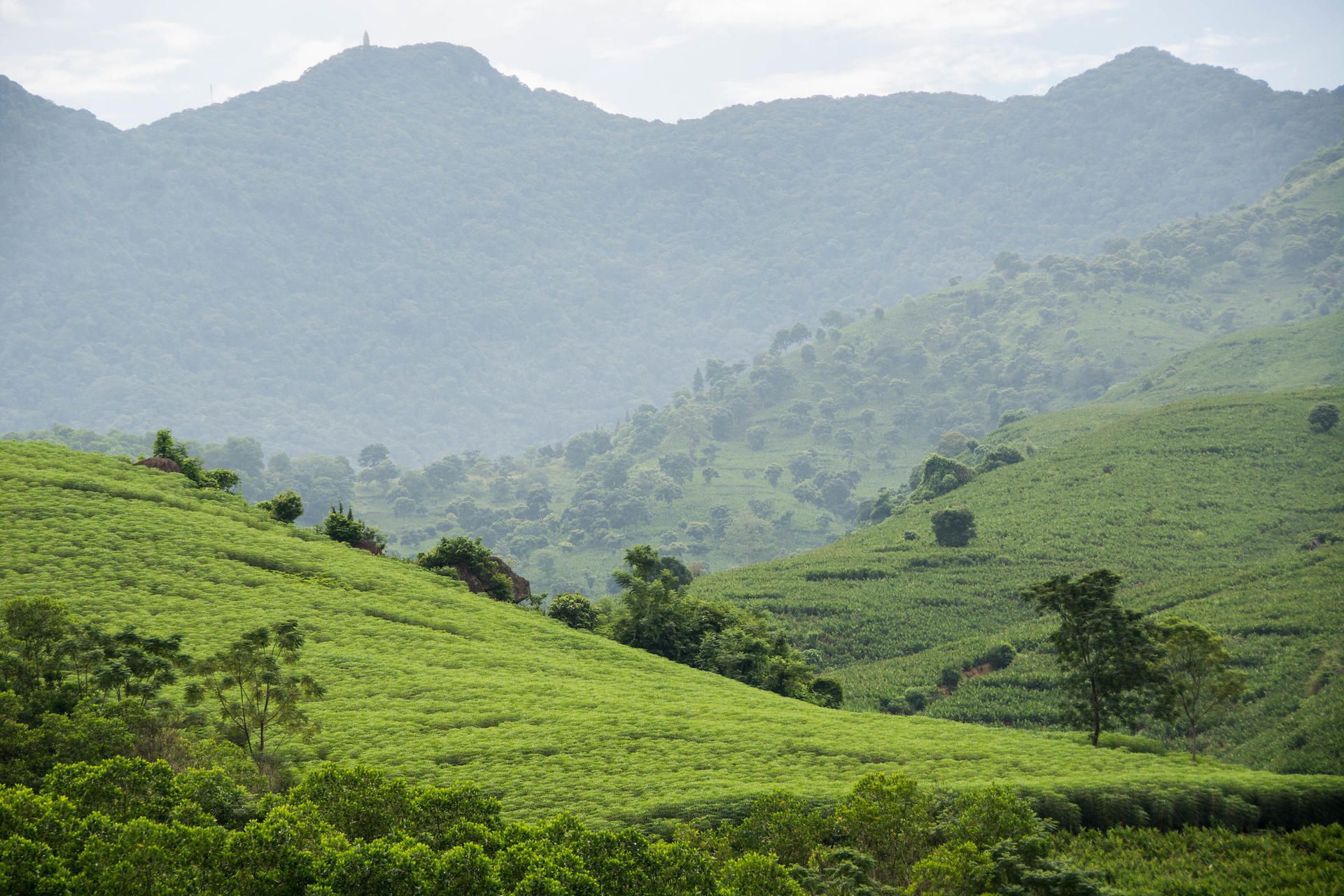Blog Food systems science for peace and security: Is research for development key for achieving systematic change? Paper review

The Security Council of the UN—the organization tasked with maintaining international peace and security in 2019, passed a historic statement, Resolution 2417, acknowledging the link between hunger and conflict. This Resolution recognizes the need to break the vicious cycle between armed conflict and food insecurity.
Worryingly, however, growing evidence shows that food systems worldwide are failing. At the same time, there is very strong evidence that climate variability leading to the failure of food systems is an important driver of conflict in many places. Food systems fail for a variety of factors, many of which are mutually reinforcing and frequently related to climatic variables: significant declines in agricultural production that result in decreased employment, incomes, and food availability; degradation of natural resources that decreases opportunities for livelihood; and weak institutions in the public and private sectors that are unable to make up for climate-related disasters.
However, there is currently a gap between those working to manage responses to natural and man-made disasters by offering humanitarian relief and researchers who are working to advance knowledge and tools that could enhance the efficiency of disaster responses and build community resilience in the face of adversity.
The paper “Food systems science for peace and security: Is research for development key for achieving systematic change?” by Theresa Liebig, Grazia Pacillo, Diego Osorio, and Peter Läderach aims to identify the potential of food systems science to contribute to peacebuilding, using the example of CGIAR and partner research. CGIAR is a global agricultural research network collaborating with national agricultural research systems, universities, development organizations, bilateral and donor governments, foundations, and financial institutions.
Established in 1971, the CGIAR mission remains dedicated to delivering science and innovation that advance the transformation of food, land, and water systems in a climate crisis. Institutions like the CGIAR are well positioned to play a critical role in delivering innovative tools and solutions to overcome knowledge gaps in climate change and food security policies and operations for peace and security. Its ability to address the climate-food-systems-conflict nexus from a systems viewpoint, for example, allows for the identification of how various factors interact along numerous impact pathways.
This understanding may be used to create successful intervention techniques that address the underlying issues. Other examples include its achievement in developing affordable climate information and index insurance packages, its package of climate-smart agricultural technologies and practices; and its approaches to linking conflict reduction with reverses in forest degradation.
To read the full paper,
